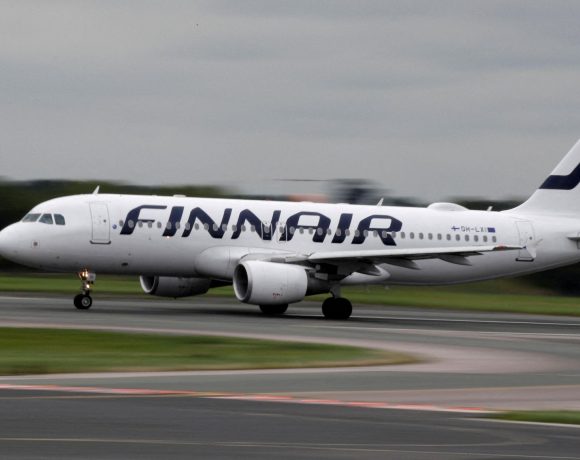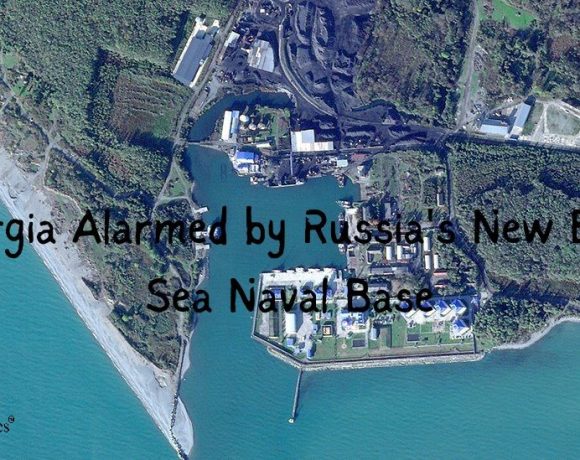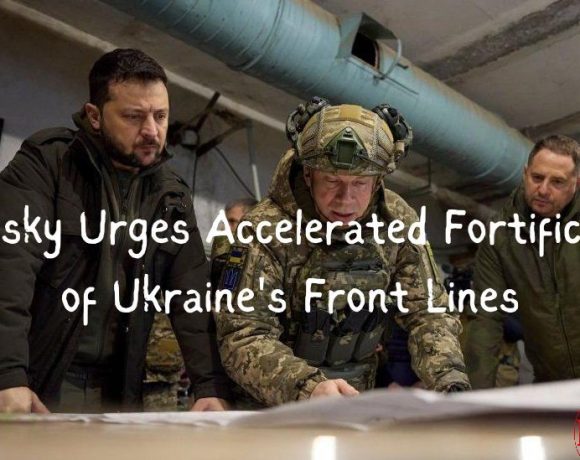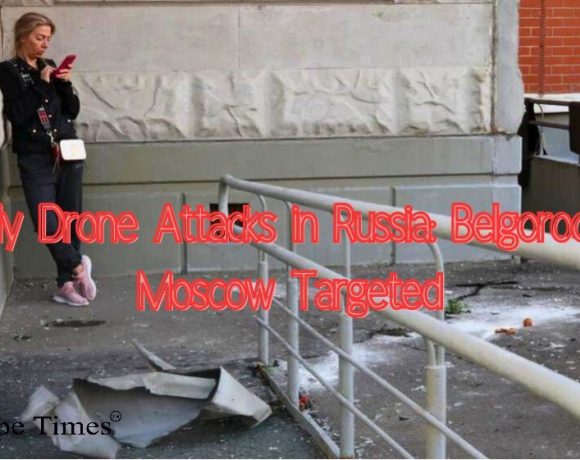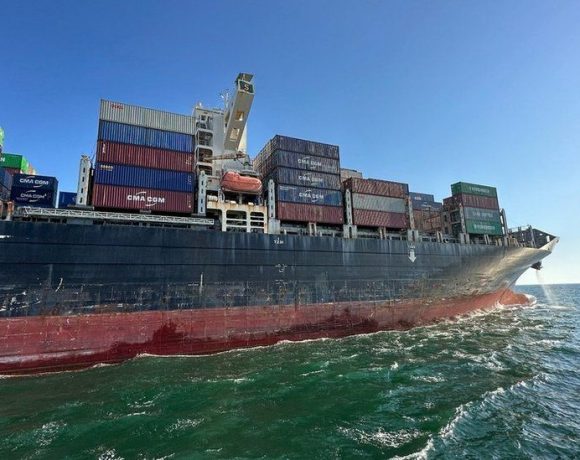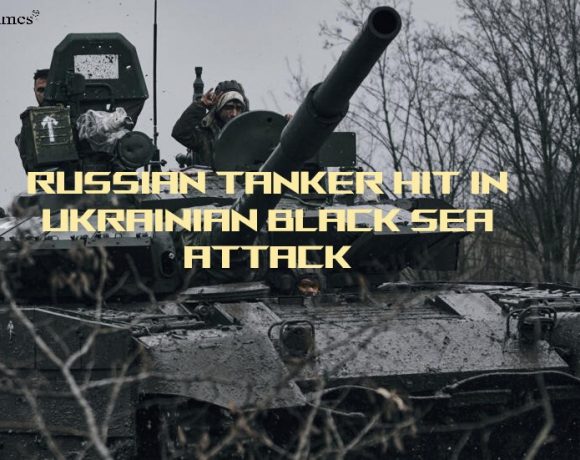
Russia has stepped up attacks on Ukraine’s southern Odesa region, targeting port infrastructure and causing widespread power outages, Ukrainian officials said. Deputy Prime Minister Oleksiy Kuleba described the strikes as “systematic,” warning that Moscow’s military focus may be shifting towards Odesa, a vital hub for Ukraine’s maritime trade. President Volodymyr Zelensky said the assaults aim to block Ukraine’s access to sea-based logistics.
In recent days, Russian drone and missile strikes have damaged civilian vessels, warehouses, and port facilities, disrupting electricity supplies for tens of thousands of residents. Regional authorities reported casualties, including deaths from a ballistic missile strike on the Pivdenniy port, while another attack temporarily cut the only bridge linking Odesa with Moldova. Fires at port facilities also destroyed large quantities of grain-related cargo, adding to economic losses.
Odesa has become strategically critical for Ukraine as other southern ports remain inaccessible due to Russian occupation. Despite the ongoing war, the city serves as a key launch point for a maritime corridor that allows Ukrainian grain exports via the Black Sea. Zelensky said continued Russian attacks show Moscow has no intention of ending its aggression, as diplomatic efforts led by the United States failed to make significant progress toward peace.
Pic courtesy: google/ images are subject to copyright



